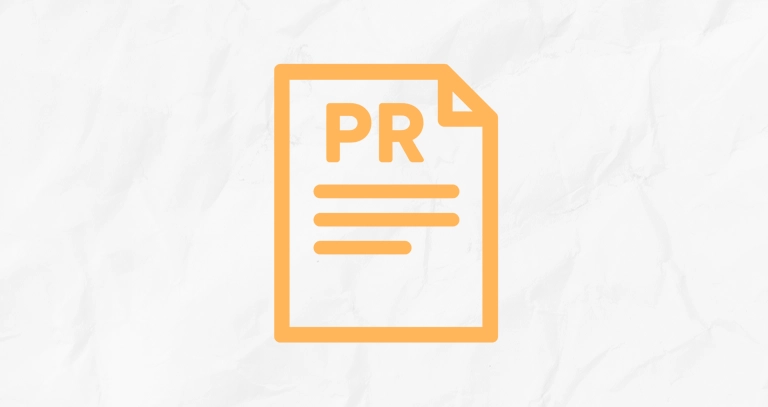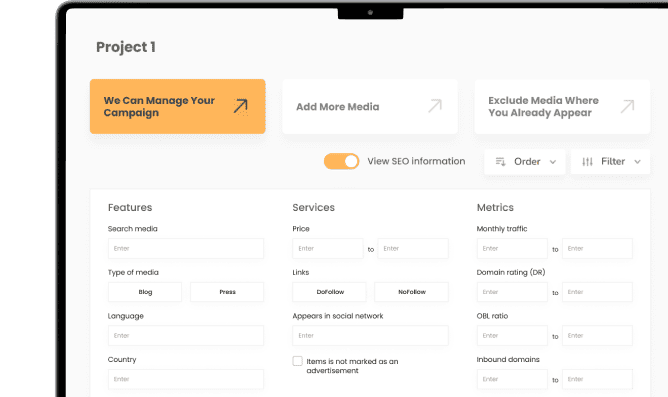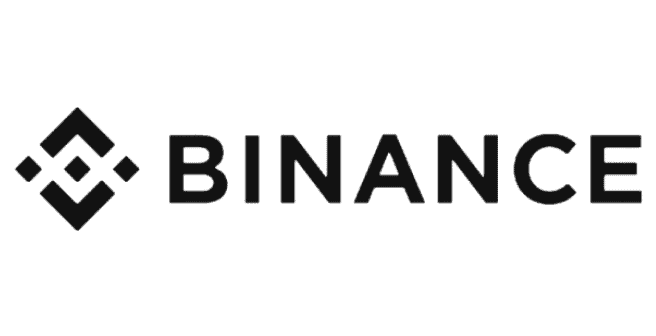At Growwer we have seen that digital pr has become one of the most valuable tools to gain visibility and build online authority. However, many businesses operating in niche sectors or less media-friendly industries face an additional challenge: there is not enough specialized press to cover their initiatives.
Does this mean that digital pr does not work for them? Quite the opposite. With the right strategy, even in markets with little media attention, it is possible to secure relevant mentions, obtain quality backlinks, and strengthen online reputation. Below we share the key approaches we use at Growwer when working with projects in sectors where traditional media presence is minimal.

What digital pr is and why it is key in niche sectors
Digital pr is the evolution of traditional public relations into the online world. It is not just about appearing in media outlets, but about doing so in digital spaces that bring value both in terms of visibility and SEO. The goal is to secure quality links that strengthen website authority, build a positive reputation, and generate trust among increasingly demanding audiences.
In sectors without established specialized media, digital pr becomes even more important. Visibility does not depend on having a dedicated magazine or a strong sector portal, but on a company’s ability to carve out a space in the digital conversation through alternative channels. That flexibility is what allows competition even against larger companies.
Challenges of digital pr in sectors with little specialized press
When there are no specialized outlets, the obstacles are clear. First, fewer journalists are interested in covering specific topics, which makes competition for space in generalist media stronger. Moreover, in many cases products or services are too technical, making it difficult to craft appealing narratives for broader audiences.
From our experience, these limitations should not be seen as a barrier but as motivation to be more creative. The real challenge lies in identifying what aspects of an apparently unappealing sector may be relevant or intriguing for wider audiences. Success largely depends on this ability to find unique angles.
Effective digital pr strategies in markets without their own media
When specialized press is absent, lateral thinking becomes essential. Here are some of the tactics that work best:
Appearances in general media through Growwer
At Growwer we have proven that, even without specialized outlets, it is possible to gain exposure in prestigious general media. Our contact network connects niche brands with recognized publishers, generating high-value mentions and backlinks that strengthen both digital reputation and SEO positioning.
Campaigns based on proprietary data
Data is a very powerful resource. If a sector lacks media coverage, an in-house study or research can provide the perfect excuse for general or economic outlets to publish the story.
Collaborations with experts and influencers
Even without media, there are always reference figures with authority. Interviews, collaborations, and opinion pieces in third-party blogs or on LinkedIn help gain visibility and credibility.
Newsjacking or trend leveraging
Even the most technical sectors are indirectly related to current topics. Spotting those moments allows a brand to insert its message into a broader conversation.
Evergreen educational content
Guides, manuals, and downloadable resources remain one of the best weapons in digital pr. They can attract links from universities, professional associations, or reference websites, even if specialized press does not exist.
How to create content that attracts media coverage
Creating newsworthy content is probably the most challenging part of digital pr in niche sectors. To achieve it, technical information must be transformed into narratives appealing to wider audiences. One way to do this is by telling the human stories behind the company, highlighting the team’s journey and efforts to innovate in a low-visibility market.
Data can also become headlines. A surprising statistic about market size, a country comparison, or an unexpected figure about consumption habits can capture the attention of a media outlet that would not normally cover that sector. Another effective technique is showcasing creative use cases of a product or service. When explained in terms of how something seemingly complex solves a daily problem, the story becomes much easier to share.
Ultimately, the key is to view the journalist or content creator as an intermediary who needs a compelling story to connect with their audience. If we deliver that story clearly packaged, the chances of coverage increase.
Alternatives to traditional media in digital pr
When specialized press is unavailable, the communication map expands to other spaces. One of the best alternatives is third-party blogs that accept quality contributions. In niche sectors, many blogs become the main reference for professionals and can even have more impact than traditional outlets.
Micro-influencers also play a fundamental role. Although their reach may be limited, they usually have a highly qualified audience with a strong level of trust. Something similar happens with sector-specific newsletters, which have become influential channels in certain markets.
In addition, professional communities in specialized forums or on LinkedIn have become true substitutes for traditional press. There it is possible to generate conversation, obtain direct feedback, and even establish relationships with potential collaborators. In the end, what matters is not the channel itself but the relevance it has within the sector ecosystem.
Cases and examples of digital pr in sectors with low press
One of the most illustrative examples is a case we worked on with an industrial startup, which managed to appear in general media thanks to its own sustainability report. Even though there were no specific publications for its industry, the environmental theme allowed it to connect with a trending debate.
In the legal sector, another client managed to position itself as a reference by creating an annual jurisprudence observatory. In the absence of specialized press, it gained visibility in economic media and legal news portals with significant reach.
We have also seen how a software company targeting a very technical niche achieved authority by publishing educational guides in collaboration with universities and training centers. In this case, specialized press was not necessary: partnering with recognized institutions was enough to generate impact.
Digital pr does not depend on the existence of specialized outlets. What really makes the difference is a brand’s ability to identify opportunities, build attractive messages, and leverage alternative channels. When creativity is combined with strategy, any company can gain relevance, obtain valuable backlinks, and consolidate its online reputation.
At Growwer we see this every day: even in less media-friendly sectors, there is room to stand out. The key is not to limit yourself to traditional press, but to broaden the horizon and work on digital pr as an integral tool that connects with SEO, reputation, and brand visibility.







